SEARCH
ALL NEWS
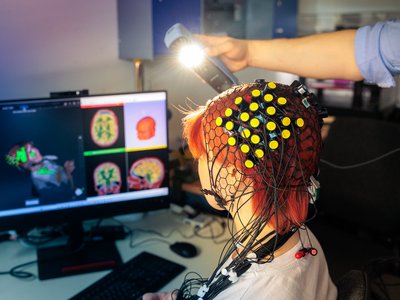
Expedition Neurotechnology
Join us for a tour around the IBS Lab: The Lab is chaired by Dr. Alexander von Lühmann, who recently received a ERC Starting Grant, for his researchproject to measure and analyze brain activity in people's everyday environments, using AI to analyze the detected signals.

Publication Highlight - Snapcase
At the VLDB 2024 conference, the BIFOLD Research Group DEEM Lab introduced "Snapcase," a demo paper that addresses the concept of machine unlearning.
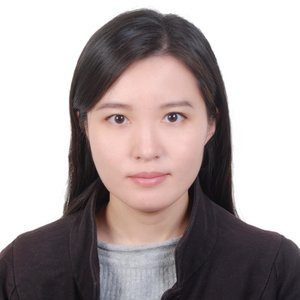
Researcher Spotlight: Dr. Binger Chen
Get to know BIFOLD researcher Dr. Binger Chen. She recently successfully completed her PhD with Summa cum Laude. Glimpse into her research utilizing Big Data and Machine Learning technology to create representations of programming language features.
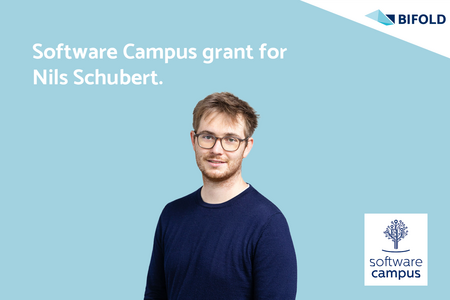
Software Campus grant for BIFOLD PhD student
BIFOLD PhD student Nils Schubert has been awarded a Software Campus 2024 grant to conduct his own research project as junior research lead.
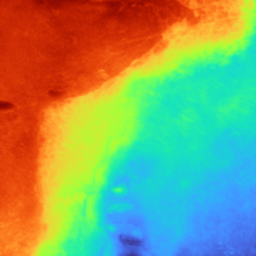
Mapping the ocean
BIFOLD researcher Dr. Panagiotis Agrafiotis, Postdoc at the BIFOLD research group “Big Data Analytics for Earth Observation”, developed MagicBathyNet, a benchmark dataset accompanied by low-cost tools for frequent, consistent, and joint bathymetric and semantic mapping of these areas, using only air and/or satellite-borne images.

ERC Starting Grant for Dr. Alexander von Lühmann
Dr. Alexander von Lühmann has been awarded an ERC Starting Grant of EUR 1.65 million. The goal of the IBS Lab is to measure and analyze brain activity in people's everyday environments.

BigEarth Project reviewed by CORDIS
The BigEarth Project, led by Prof. Dr. Begüm Demir, has been featured by CORDIS.
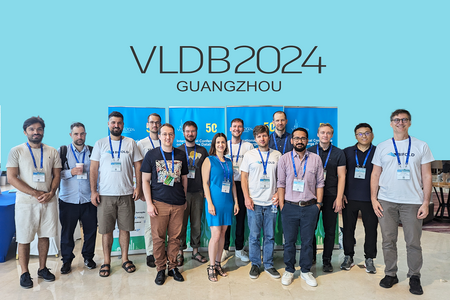
Reviewing VLDB 2024
Four BIFOLD research groups participated in the 50th International Conference on Very Large Databases in Guangzhou, China, taking place from August 26 to 30, 2024.

Learning from the Best
Dr. Anne Josiane Kouam is researching mobile security and privacy at BIFOLD. She's been selected as one of 200 promising young mathematicians and computer scientists to spend a week with leading experts in the field.
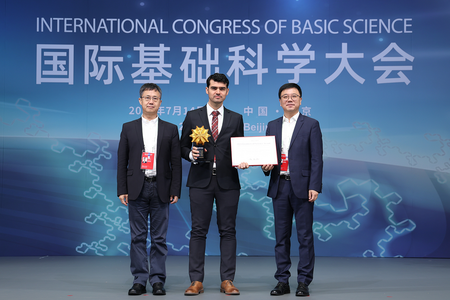
BIFOLD researchers honored with 2024 Frontiers of Science Award
The award honors the paper “SchNet - a deep learning architecture for molecules and materials,” by Kristof T. Schütt, Huziel E. Sauceda, Peter-Jan Kindermans, Alexandre Tkatchenko, and Klaus-Robert Müller. The paper introduces SchNet, a model that enhances molecular property predictions.

